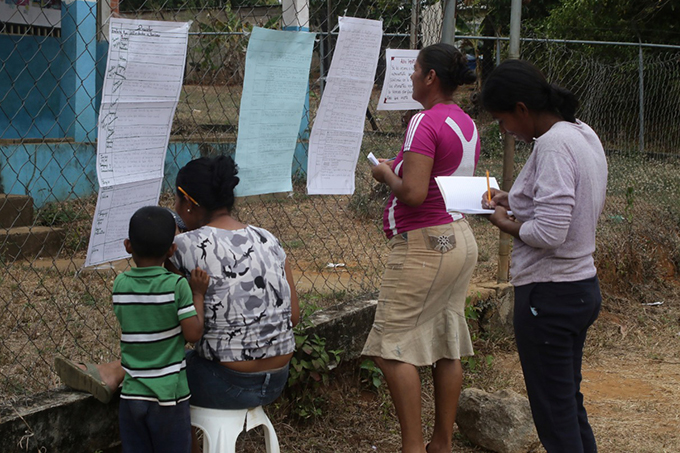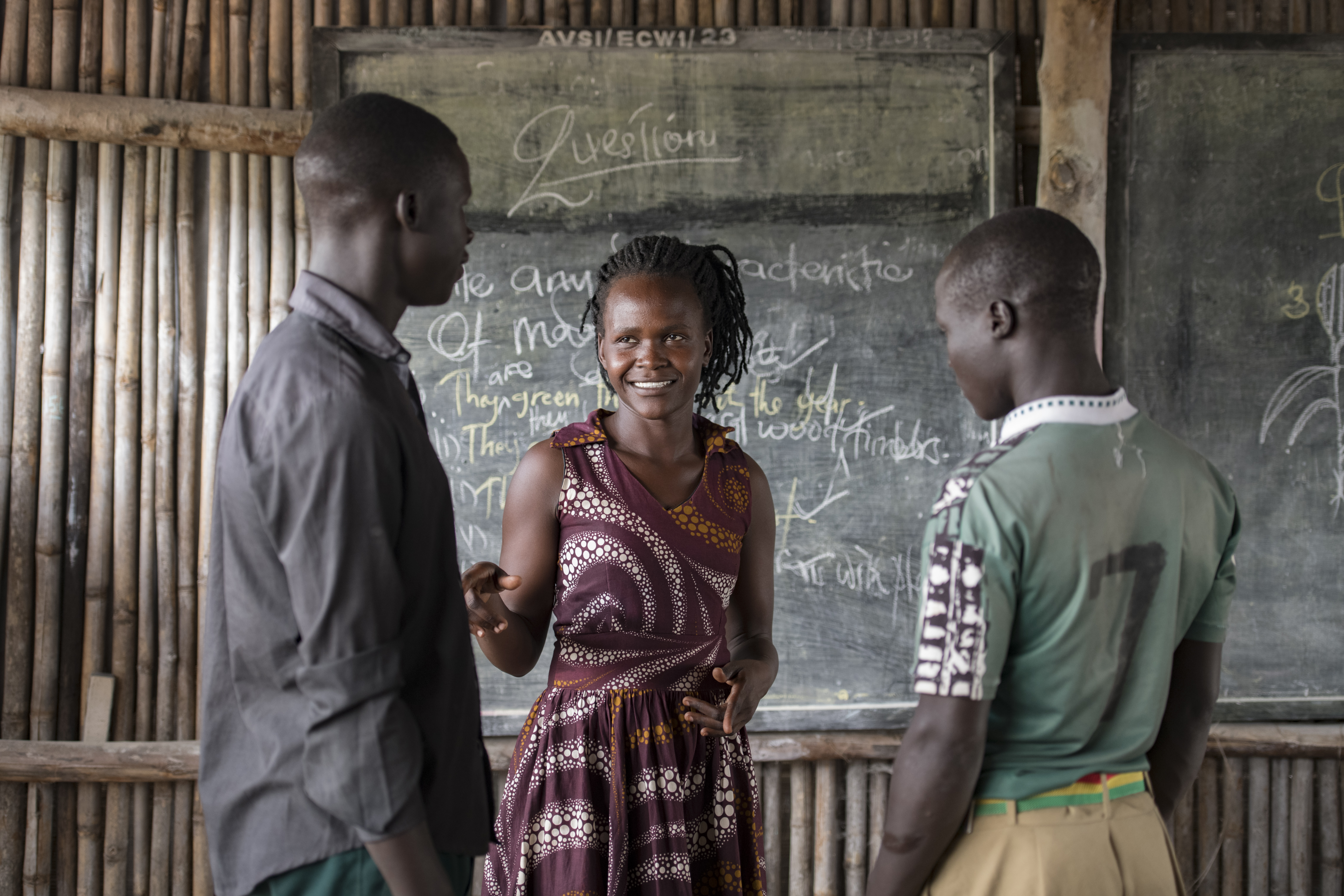Civil society in Latin America is fighting for children’s right to education amidst the pandemic
From her home in Mexico City, EOL regional manager Paloma Neumann has been following the educational situation in Latin America closely, since the outbreak of coronavirus in early March.
The continent is now declared the epicenter of the pandemic with the highest number of confirmed infections and casualties per inhabitant. School closures have been one of the tools widely used by governments to contain the spread of the virus, leaving an estimated 165 million children and youth with zero or limited access to education.
The estimation, done by UNESCO in their recent report “Education in times of COVID-19 pandemic,” also reviews whether alternative education has been established. This is the case in 29 of the 33 Latin American countries in question – 26 implemented forms of internet-based learning and 24 established offline distance learning through low-tech options like radio or TV.
“Pervasive is, however, the inequality hiding behind these numbers,” says Paloma Neumann. “In reality, only the privileged few have electricity, computers, internet and teachers who know how to access and use online teaching tools. Only the privileged few also still have the ability and time to dedicate themselves fully to their studies,” she adds referring to the millions of children who have taken up chores in the home, working the family land or in other ways trying to make an income to support their families through the crisis.
Covid-19 increases inequality in education
From her dialogue with civil society organizations that Education Out Loud is partnering with in Latin America, Paloma Neuman sees the same overall picture; the poorest and most marginalized are the least likely to continue learning through school closures and lockdowns and at the same time are the ones who are most likely to suffer from the long-term effects of disruptions to education.
“Our partners are working hard to mitigate the negative effects, especially on the most marginalized and vulnerable groups. They monitor what is happening in their communities and in the families and convey this to the authorities. They are pushing the government to present a plan for the reopening of schools. And they are advocating for ways to compensate for the losses of education that many children have suffered,” says Paloma Neumann.
In Honduras EOL partners are calling for answers and a plan – especially on how to secure the safe reopening of schools, motivate the high number of drop outs to resume their education and to allow all children to access online education as the pandemic doesn’t seem to loosen its grip anytime soon.
“The national tele-company has previously stated that with the right resources provided by the government, they could have nationwide connectivity in place in four months, offering low-cost accessibility for all. We are pushing for this to happen as well as access to electricity for all families,” says Aminta Navarro from Foro Dakar Honduras.
She continues: “If we could simply have, for example, guaranteed connectivity in a few public squares or parks in all municipalities, children and young people could connect there and receive their educational instructions. This is of utmost importance to the poorest.”
From Bolivia, we hear that there is an urgent need to cater for the most vulnerable and resume the school feeding program while working to influence the upcoming elections to put education high on the agenda. While in Nicaragua, for EOL colleagues, the main concern is to protect children who are actually not facing lockdown but the opposite – they are being pushed to go to school with no preventive measures being taken by the government, which considers a comprehensive lockdown a bigger danger to the population than the virus itself.
“We are pushing for intensive training for public school teachers for them to be able to offer remote or distance education and also for the schools to at least have proper water and sanitation to reduce the risk of spreading the virus,” says Jorge Mendoza from the national education coalition in Nicaragua, FEDH-IPN.
As he sees it, their strength is their ability to monitor and investigate how things are unfolding at the local level and use this in combination with their international outlook to advise authorities on what measures are successful and should be adopted.
A window of opportunity - maybe
According to Paloma Neumann, civil society in Latin America and globally is as important as ever.
“When affected by a crisis like the current one, civil society is important to convey the reality that families are facing and suggest alternative solutions when the usual modalities are forced aside. Not least, civil society is crucial in its role as watchdog to protect the interests of those most vulnerable to a crisis like this one,” she says.
Paloma Neumann is encouraging partners and civil society in general to link even closer to each other through the EOL network and use the experience and expertise generated by partners to develop even better solutions to local challenges and strengthen their advocacy work to push towards quality education for all – throughout and after this pandemic.
“This pandemic is a crisis but also a window of opportunity. Right now, governments are forced to leave the status quo and obtain new solutions, ideas and measures. Let us work hard to take this opportunity to suggest long-term improvements that will secure better quality in education for all.”

